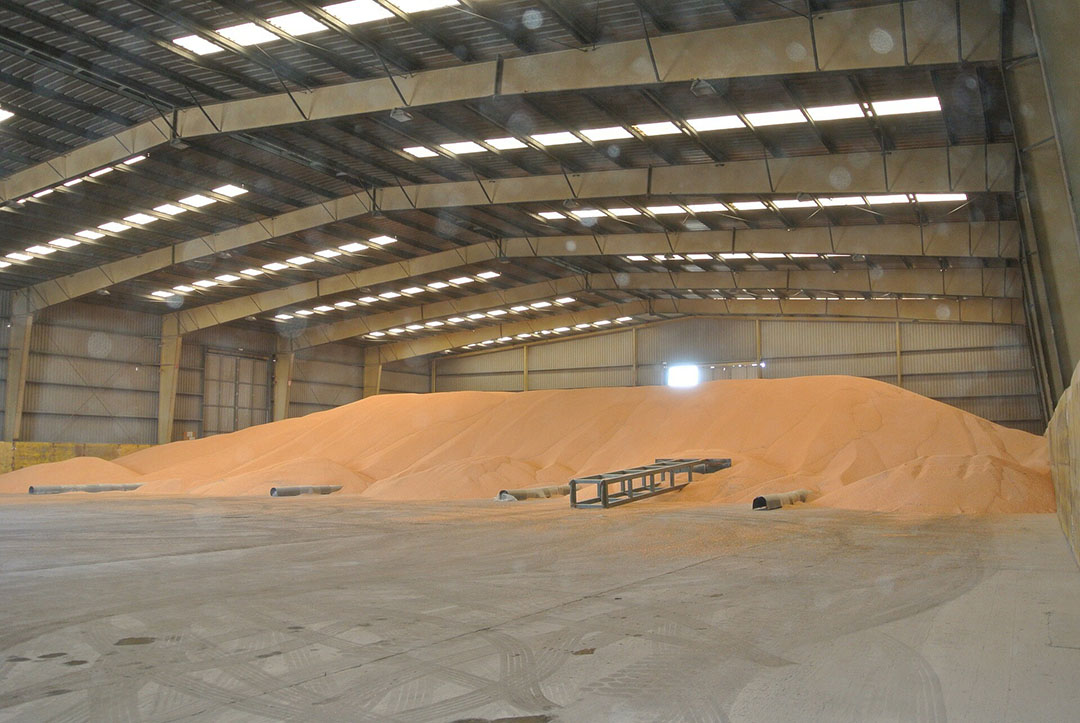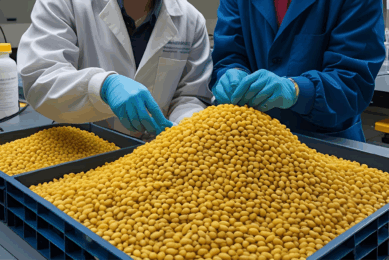Brazil suspends imports duties on corn and soy

On 16 October, Brazil announced that it would suspend the import tariffs on corn, soybeans, soy meal, and soy oil from countries outside the Mercosur trade bloc to help reduce food prices that are pushing up inflation.
The tariff on corn and soy imports from outside Mercosur is currently 8%, for soy meal 6%, and for soy oil 10%. Once in force, the import tariff waiver, which will apply to all incoming imports with no quota, will apply to soybean and soy products until 15 January 2021, and for corn imports until 31 March 2021.
The measure was adopted by the Executive Management Committee (Gecex) of the Chamber of Foreign Trade (Camex), but to become official it must be published in Diário Oficial.
Record-high prices for both grains have impacted food prices that are fuelling inflation and adding further pressure on the income of Brazilians that have already been hit by the Covid-19 pandemic. Inflation in August hit its highest in 4 years, driven by rising fuel and food costs.
High prices for soy and corn are also hurting the poultry and pork sectors, which both rely heavily on both grains for animal feed. The animal protein association (ASBIA) requested last month that the government eliminate tariffs to offset the rising costs of feed. Soybean meal and corn account for about 70% of the cost of production of chicken and pork, which ASBIA has argued has pushed up product prices and affected competitiveness of the sectors. Domestic prices of chicken and pork have been passed on to Brazilian consumers.
 Futures market
Futures market
Overview of futures prices for: corn, wheat and soybean
Potential for US imports
According to a USDA report, Brazil’s internal soybean prices, which is what crushers pay to source the product domestically, are almost at parity with prices at ports. Given the US FOB price and ocean freight costs, US soybeans may remain too expensive to make sense for Brazilian importers. Furthermore, US exports to Brazil face several regulatory and logistical challenges. The first is the asynchrony of approvals of genetically modified corn and soybean varieties between the US and Brazil. There are reportedly at least 9 commercially available biotech varieties of both corn and soybeans approved for cultivation in the US, which are not currently approved in Brazil. As grains are not sorted by varieties prior to export, any potential Brazilian importer would need to submit a special approval request.
In addition, Brazil’s bulk grain and oilseed port terminals are set up specifically to handle exports, and reverse engineering the setup is time and resource-intensive, notes the report. Moreover, for soybeans, most of the crush plants are in the interior of the country, far from the ports, which raises costs.











